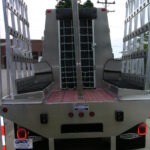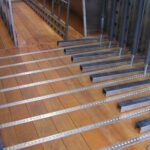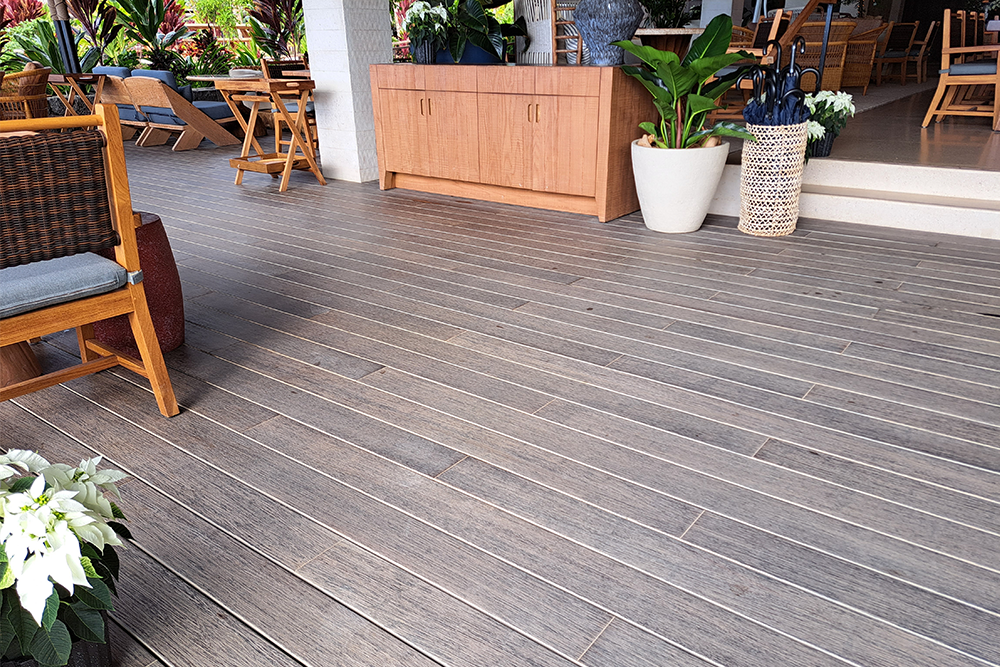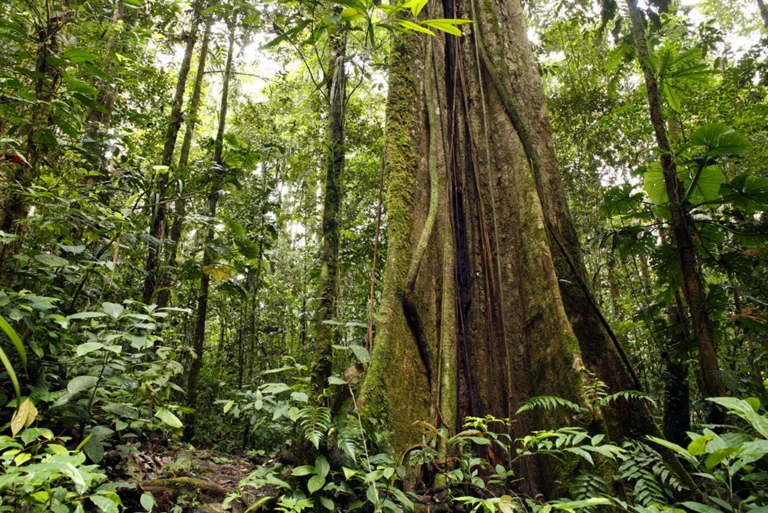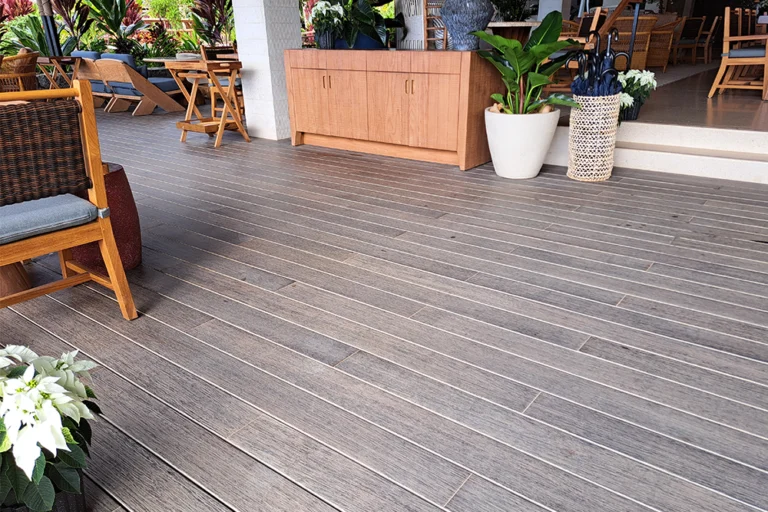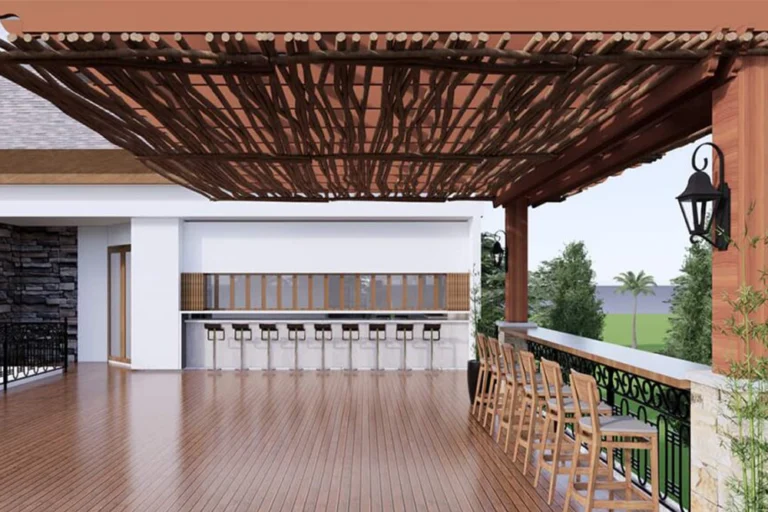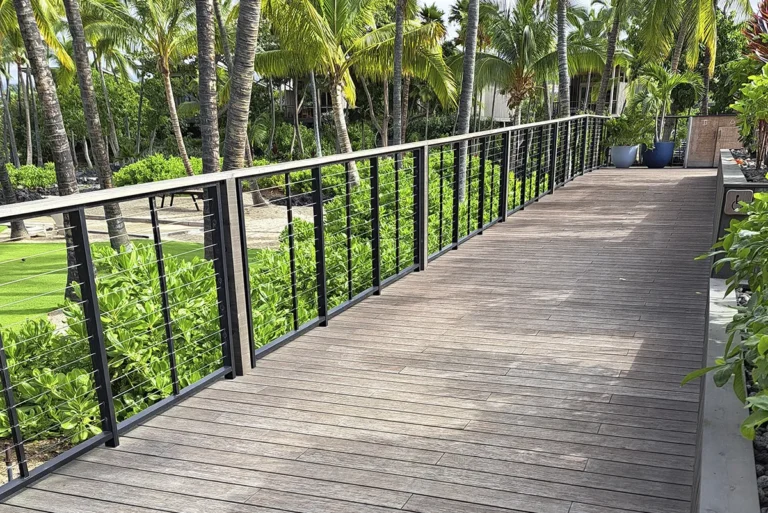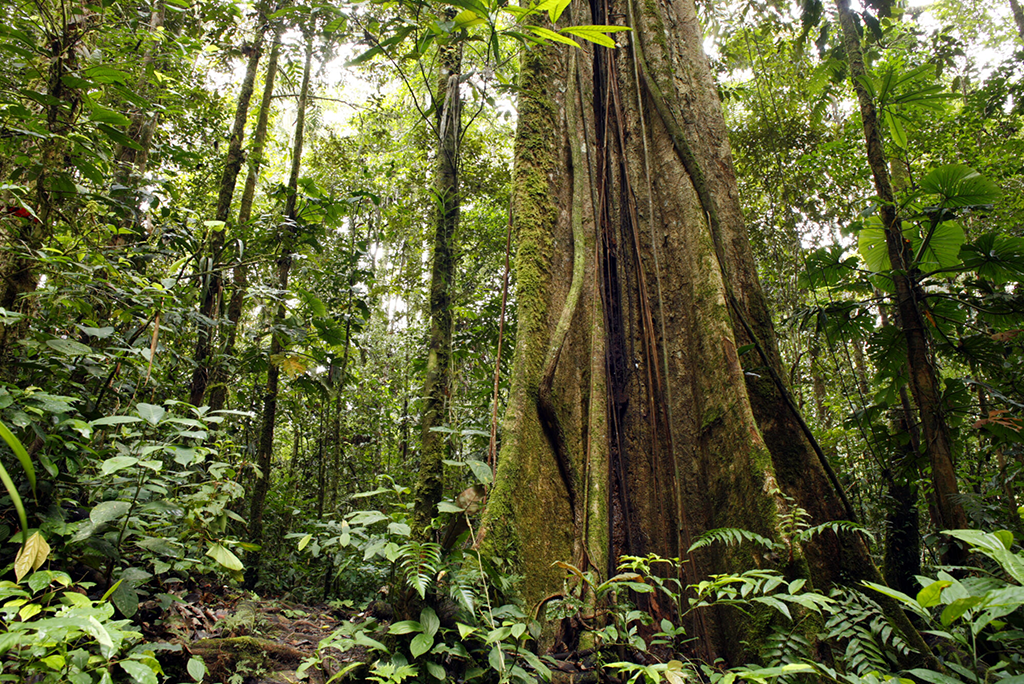
Truck Decking

Truck decking is an essential component of safe and effective cargo transportation, serving as the foundation supporting the weight of freight over miles of highways. In addition to ensuring the secure transportation of cargo, a well-built truck deck enhances the supply chain’s overall effectiveness. So, it’s reasonable to assume that truck decking is critical in the field of transportation and logistics, where sturdiness and quality are indispensable.
How Important Are The Materials Used In Truck Decking?
Truck decking is the level area that makes up a truck or trailer bed and is used as a platform for loading and unloading freight. Its primary purpose is to support the weight of the cargo and withstand challenging transportation conditions, such as heavy loads, vibrations, and weather exposure. The durability of the truck decking directly affects the overall safety, efficacy, and duration of the transportation operation.
Choosing the Right Material For Your Truck Deck
Looking for the best truck deck for your needs? It should be strong and safe enough to withstand some rather extreme circumstances, as you well know. However, which materials should you choose?
More consideration goes into choosing a deck than most people realize. The variety of decking materials available today, from composite and aluminum to genuine wood, may make selecting the best choice seem daunting. The four most important considerations when choosing a material are cost, climate of the location, overall appearance, and simplicity of upkeep.
Apitong or Keruing: Keruing, also known as Apitong, is a wood that comes from the Dipterocarpus genus and is native to Southeast Asia. It is considered by many to be the finest wood for truck decking.
Apitong is the most popular truck decking product for many excellent reasons. With a hardness value of 1270 pounds, the wood is incredibly durable. It has also been found to have a strength of 19900 PSI and a rigidity rating of 2070 1000 PSI.
One of the most remarkable characteristics of apitong is its dimensional stability, which suggests it is less likely to shrink and distort even in extreme weather. This makes it excellent for truck decking applications in which outside exposure is inevitable. Its longevity is attributed to its innate resistance to fungus and insects, making it a sustainable and eco-friendly choice for companies looking to reduce their environmental footprint.
And lastly, Apitong possesses one very amazing attribute. When you pound nails into it to secure wood bracing and then remove them, the nail holes automatically shut up as if no nail had been used.
Angelim Pedra: Angelim Pedra, a hardwood native to Brazil’s dense forests, is known for its unmatched strength and durability. Known by another name, “Brazilian Apitong,” this wood is similar to its Southeast Asian cousin in several ways but differs in others.
Brazilian Angelim Pedra ranks highest on the Janka hardness scale when compared to other wood varieties. With a Janka hardness value of 1450 lbf for hard maple and around 1360 lbf for oak, Angelim Pedra’s wood is thought to be more than twice as durable.
A stunning hardwood with a tough lifetime of at least 25 years, Angelim Pedra is well-known for its resistance to termites and other types of fungi. It is renowned for its amazing visual appeal, tough durability, and ease of workability. The fact that Angelim Pedra wood is entirely biodegradable adds to its environmental value as well. Additionally, Angelim Pedra wood requires less upkeep and has minimal shrinkage in comparison to other timbers.
Purple Heart: Despite not being the first wood that comes to mind when considering truck decking, Purple Heart has unique characteristics that make it a viable choice. Purple heart is a plant native to Central and South American forest floors. It gets its name from the bright purple tone that eventually fades to a rich aubergine hue.
With a Janka hardness rating of 1860, purple heart wood is among the strongest and most durable wood types. Its hardness makes it a suitable alternative for applications needing long-lasting durability, such as decking, outdoor furniture, and flooring. Purple heart wood has a high degree of strength and resistance to degradation because of its tight, interlocking grain structure, which also increases its hardness. Also, the density of the wood makes it less prone to dents and scratches, which is helpful in high-traffic areas.
Although purple heart wood can be difficult to work with, its hardness also helps to prevent warping and shrinkage over time. This wood’s natural oils help protect it from moisture and insects, which accounts for part of its durability. These oils give the wood a natural sheen and prevent it from drying out and cracking over time. Its durability is also the reason why the purple heart wood requires little maintenance beyond regular cleaning.
Garapa: Brazilian Ash, or Garapa, is a hardwood native to South America. Garapa provides a visually pleasing truck decking choice with colours that range from light yellow to golden brown. Not only is Garapa visually striking, but it is also weatherproof and sustainable.
Garapa is a low-maintenance option for truck decks because of its inherent resistance to insects and deterioration. Its resilience is further increased by its capacity to tolerate harsh weather, particularly high humidity levels. Because of its durability, Garapa is a sustainable option for businesses looking to give sustainability a priority when choosing truck decking solutions.
Conclusion
Apitong, Angelim Pedra, Purple Heart, and Garapa are notable choices in the truck decking market, each offering its own set of features. The significance of selecting the appropriate wood species cannot be more emphasized, especially with the growing need for dependable and durable truck decks.
Here at Tropical Forest Products, we offer you a wide range of choices to build truck decking solutions that surpass industry standards in terms of endurance and functionality.

About the Author
Meet Brian Lotz, General Manager of US Operations, Technical and Environmental Compliance Director for Tropical Forest Products and industry Influencer. With over 40 years of experience in the exotic hardwood business, Brian brings a wealth of knowledge that enhances the company’s commitment to sustainability within the imported and domestic hardwood industry. Brian was responsible for spearheading the 38th FSC Chain of Custody Certification for his company in North America, the Fields to Forests Tropical Reforestation Program and the TFP Legal Lumber “Due Care” Compliance Program. As we explore the impact of super-durable tropical hardwoods on multiple industries, Brian’s insight offers a unique lens, underscoring the harmonious interplay between skillful artisanship, biophilic design and sustainable ethos.

Receive The Latest News
Subscribe To Our Weekly Newsletter

- OUR LOCATIONS
- CONTACT US
- SIGN UP
Stay informed about the latest offers, products and sales
- FIND US
- CONTACT US
- SIGN UP
